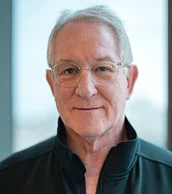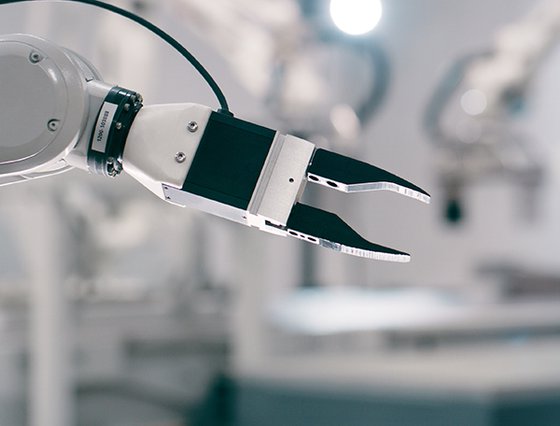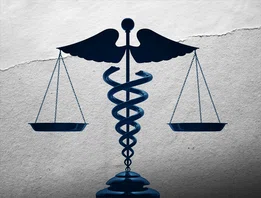


outcomes research
A Healthy Combination: Simulation and Quality of Care Professionals Collaborate for Unparalleled Care
A Healthy Combination: Simulation and Quality of Care Professionals Collaborate for Unparalleled Care
From high-realism mannequins to standardized patients and virtual reality, simulation trainings have helped health care professionals hone their skills for decades. These critical training tools improve health care effectiveness and efficiency while fostering open conversations about human error and how to improve situational responses.
While simulation trainings have historically been siloed—nurses training nurses and doctors training doctors—simulation collaboration among various health care professionals have blossomed in the last 20 years.
Now, a national team of anesthesiologists and surgeons are specifically calling for more collaboration between simulation and health care quality professionals to improve patient safety and quality of care.
This call to action was published in Simulation in Healthcare and the Joint Commission Journal of Quality and Patient Safety.

Randolph H. Steadman, MD, MS
“Quality of care and patient safety are two areas where simulation is underutilized,” explained Randolph H. Steadman, MD, MS, co-author of the call-to-action paper and the Carole Walter Looke Centennial Chair in Anesthesia and Critical Care. “The reason is that quality and simulation professionals rarely cross paths to communicate and collaborate, resulting in missed opportunities for institutions to improve in quality of care and patient safety.”
Take maternal and neonatal care, for example. According to a 2023 March of Dimes report, U.S. maternal deaths have nearly doubled since 2018, and infant mortality remains alarmingly high, especially among Black birthing people.
Steadman has experienced firsthand how collaboration between simulation and health care quality professionals can alleviate such health disparities. Last year, Steadman led several Maternal and Infant Simulation Instructor Courses at MITIE at The Bookout Center. These trainings brought maternal and neonatal professionals together from all seven Houston Methodist campuses.
In addition to learning how to work better as a team and how to simulate their own training scenarios, participants identified ways to standardize emergency response protocols systemwide. This way, health-care professionals who work at multiple Houston Methodist campuses will not have to worry about code calls or emergency supply carts varying by hospital, which can increase efficiency and patient safety in critical situations.

Quality and simulation professionals rarely cross paths to communicate and collaborate, resulting in missed opportunities for institutions to improve in quality of care and patient safety.

Randolph H. Steadman, MD, MS
Carole Walter Looke Centennial Chair
in Anesthesia and Critical Care
“Data shows that we’ve since quickened our response times to treat delivery-associated hemorrhaging and pre-eclampsia in maternal patients, resulting in improved patient safety and quality of care,” Steadman noted.
The Center plays a key role in making such trainings happen. In fact, the facility alleviates many of the challenges associated with collaboration among simulation and quality professionals as outlined in the call-to-action paper.
For example, the Center offers the personnel, equipment and expertise to write the simulation scenarios and debrief training participants on both excellent and “needs improvement” performances. Having a dedicated space for such training is also a game changer since many hospitals don’t have the space to train teams.
Further, “Training at the Center helps retain staff because they feel that the institution is dedicating time to help them succeed and it promotes relationship growth among team members,” said Steadman, Professor of Clinical Anesthesiology and Critical Care.
While bringing simulation and quality professionals together can be challenging, Steadman and co-authors hope their call-to-action paper stimulates movement and more positive cases like the Maternal and Infant Simulation Instructor Courses at the Center.
Since leading the training, Steadman has hosted half-day refresher courses and neonatal resuscitation courses.
“The systemwide support is what sets Houston Methodist apart, and why we are able to provide unparalleled training and care,” said Steadman.
Amy Lu, MD, MPH; May C. M. Pian-Smith, MD, MS; Amanda Burden, MD; Gladys L. Fernandez, MD; Sally A. Fortner, MD, MS, FACH; Robert V. Rege, MD; Douglas P. Slakey, MD; Jose M. Velasco, MD, FACS; Jeffrey B. Cooper, PhD; Randolph H. Steadman, MD, MS
Callie Rainosek Wren, MS
November 2024
Related Articles








